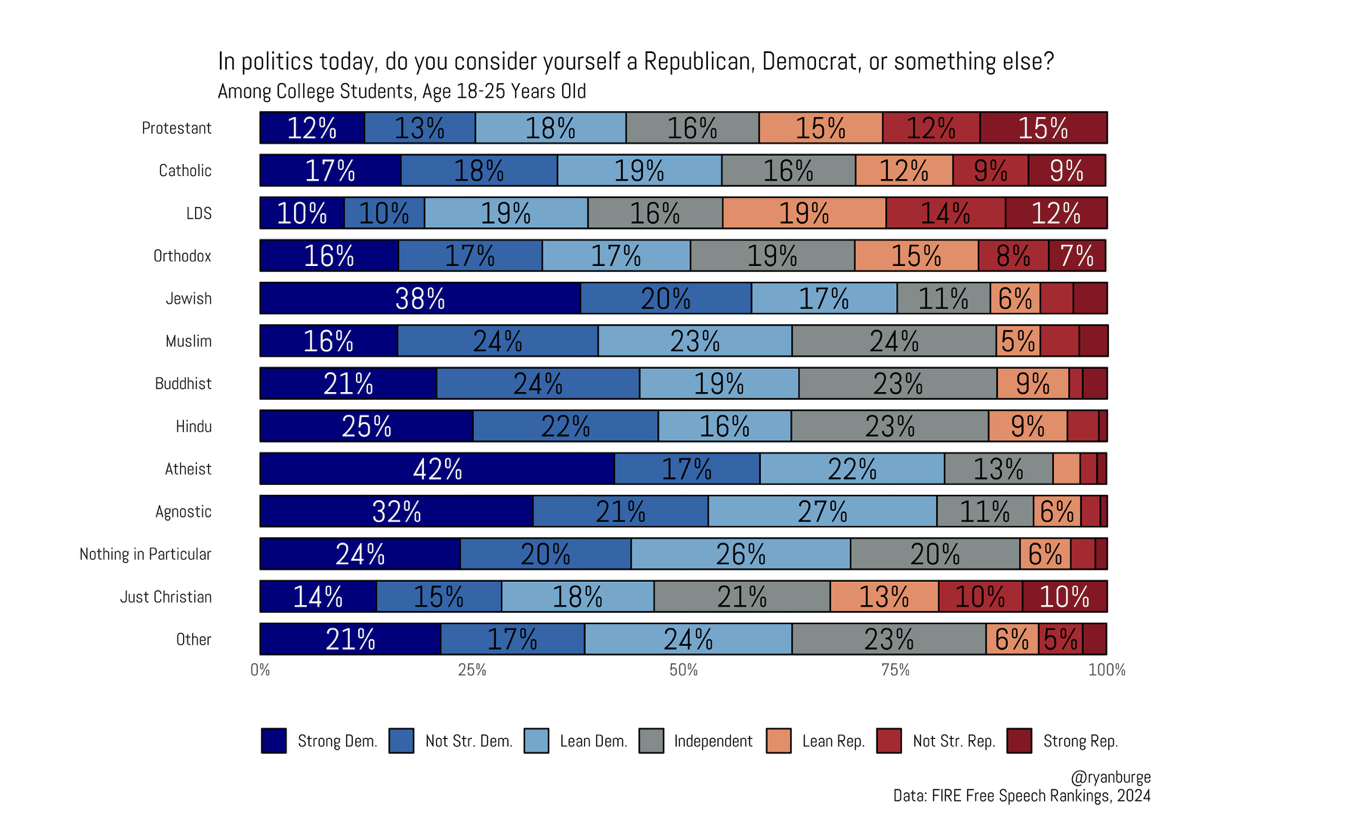-
•
•

As the Church became strongly established in Mexico, it spread from the historic epicenters in Mexico City and the northern colonies to reach across the full country—including among the Maya peoples of southern Mexico. Read More
-
•
•
5 responses
Journal text selected by Dennis B. Horne. Much of Spencer W. Kimball’s Apostolic ministry was devoted to working with and counseling members of The Church of Jesus Christ of Latter-day Saints that had committed “moral” sins. Read More
-
•
•
One response
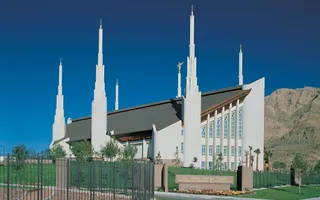
According to the excellent Wikipedia article on LDS temple architecture, the Las Vegas temple is one of about a dozen temples that exhibit the “sloped roof style” that was used for temples in the mid- to late-1980s. Read More
-
•
•
Journal text selected by Dennis B. Horne. Much of Spencer W. Kimball’s Apostolic ministry was devoted to working with and counseling members of The Church of Jesus Christ of Latter-day Saints that had committed “moral” sins. Read More
-
•
•
12 responses

Lately the Catholic world has been abuzz about a Vatican-sponsored Synod where, according to the media, Pope Francis is challenging deeply held teachings. Of course, if one actually reads what Pope Francis is saying it’s more complicated, and a lot of the more sensational takes are just click bait. Pope Francis is not a throat slitter, and he’s treading carefully here. I’ve been confused at times by conservative Catholics taking issue with Pope Francis, since his statements have been more or less party line. He’s not, say, calling for female ordination or formally loosening up the Catholic Church’s restrictions on abortion… Read More
-
•
•
One response
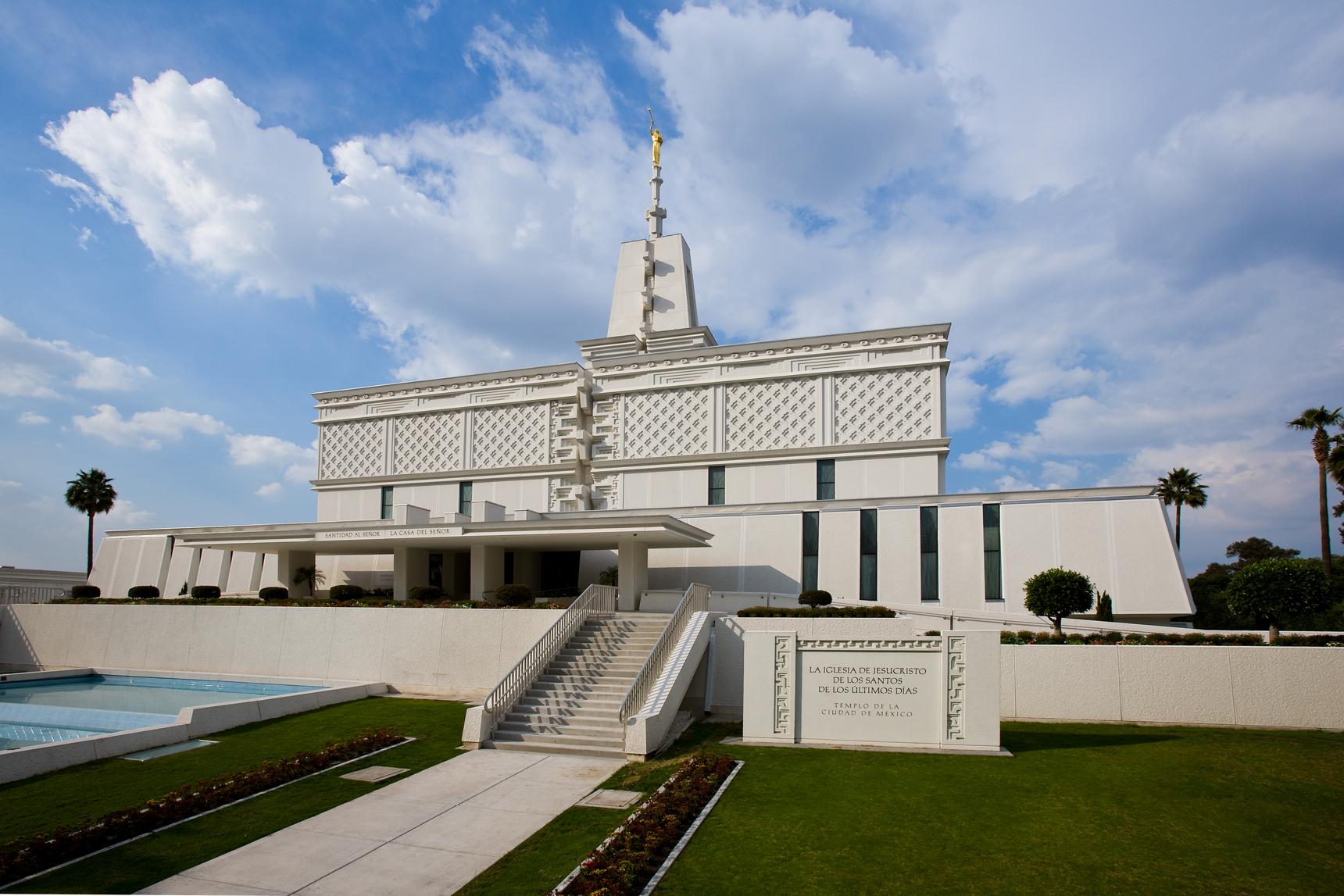
The Third Convention was reunited to The Church of Jesus Christ of Latter-day Saints in part due to the observation that stakes with local leadership and local temples would come only as the schism healed and the Church continued to become stronger in Mexico. It took some time, but stakes and temples did come. Read More
-
•
•
Journal text selected by Dennis B. Horne. Much of Spencer W. Kimball’s Apostolic ministry was devoted to working with and counseling members of The Church of Jesus Christ of Latter-day Saints that had committed “moral” sins. Read More
-
•
•
9 responses

When people refer to “Near Death Experiences” in a spiritual context they are generally referencing a phenomenon that happens across cultural, religious, and social contexts where people who are close to death experience some sort of numinous experience. What exactly an NDE consists of varies from experience to experience, but there are some common themes: A feeling of overwhelming peace and love A bright light The sensation of being lifted out of their body Meeting loved ones Meeting some kind of a divine being who reviews their life The themes match up enough with Latter-day Saint thought that I’m open… Read More
-
•
•
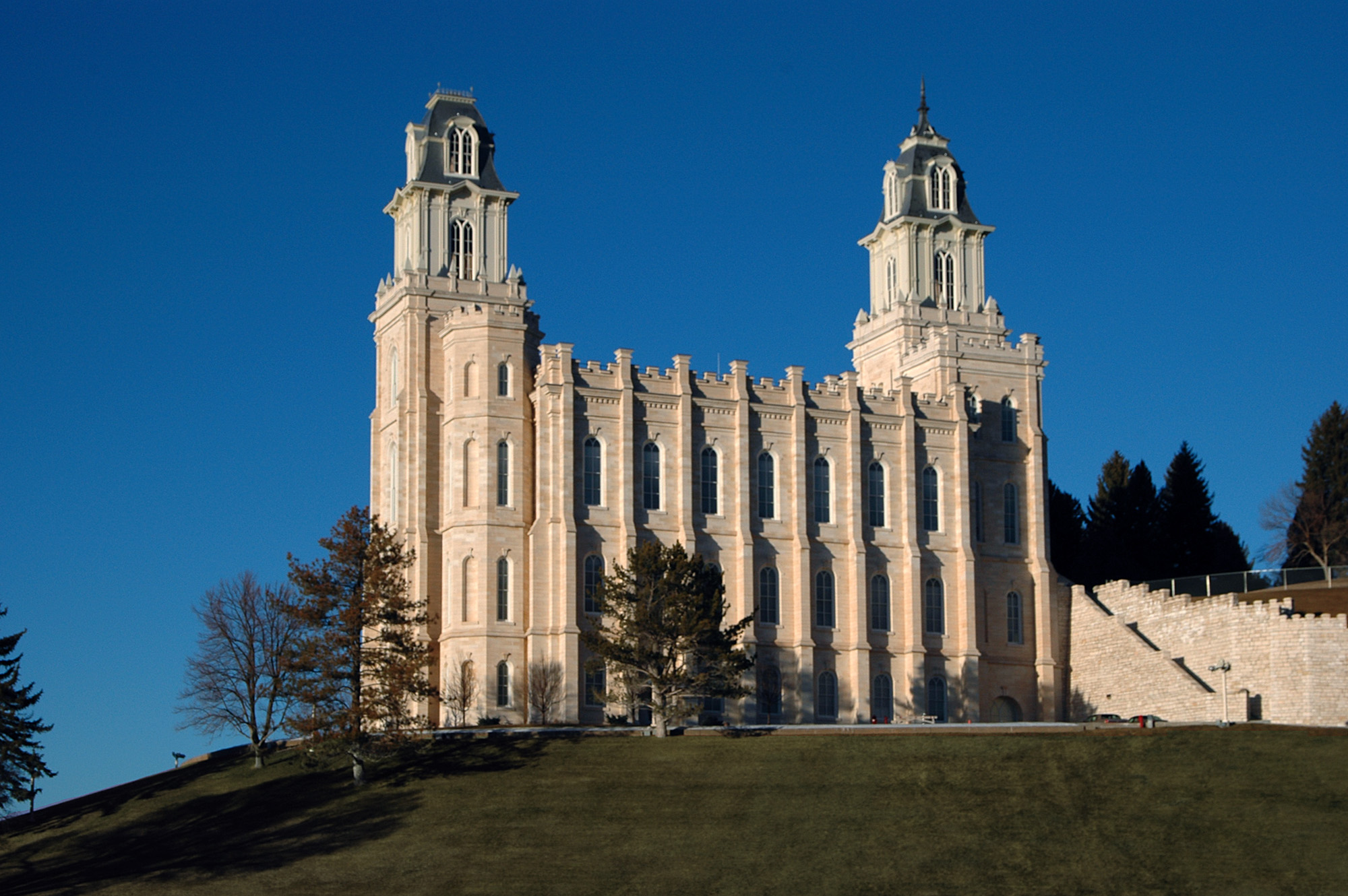
From Wikipedia: The Manti Temple is “Castellated Gothic.” From the Church website: “A castellated style reflects construction influences of Gothic Revival, French Renaissance Revival, French Second Empire and colonial architecture.” Read More
-
•
•
3 responses
I have to admit that I have had an ongoing fascination with the King Follett Sermon. I had been acquainted with bits and pieces of it here and there, but only really became familiar with the full text early on in my mission. But it has shaped a lot of my theology and views in the years since then. Apparently, I’m not alone – William V. Smith just published an entire book about the sermon (The King Follett Sermon: A Biography [BCC Press, 2023]) and talked about his research in a recent interview at the Latter-day Saint history blog From the… Read More
-
•
•
9 responses
Journal text selected by Dennis B. Horne. Much of Spencer W. Kimball’s Apostolic ministry was devoted to working with and counseling members of The Church of Jesus Christ of Latter-day Saints that had committed “moral” sins. Read More
-
•
•
3 responses
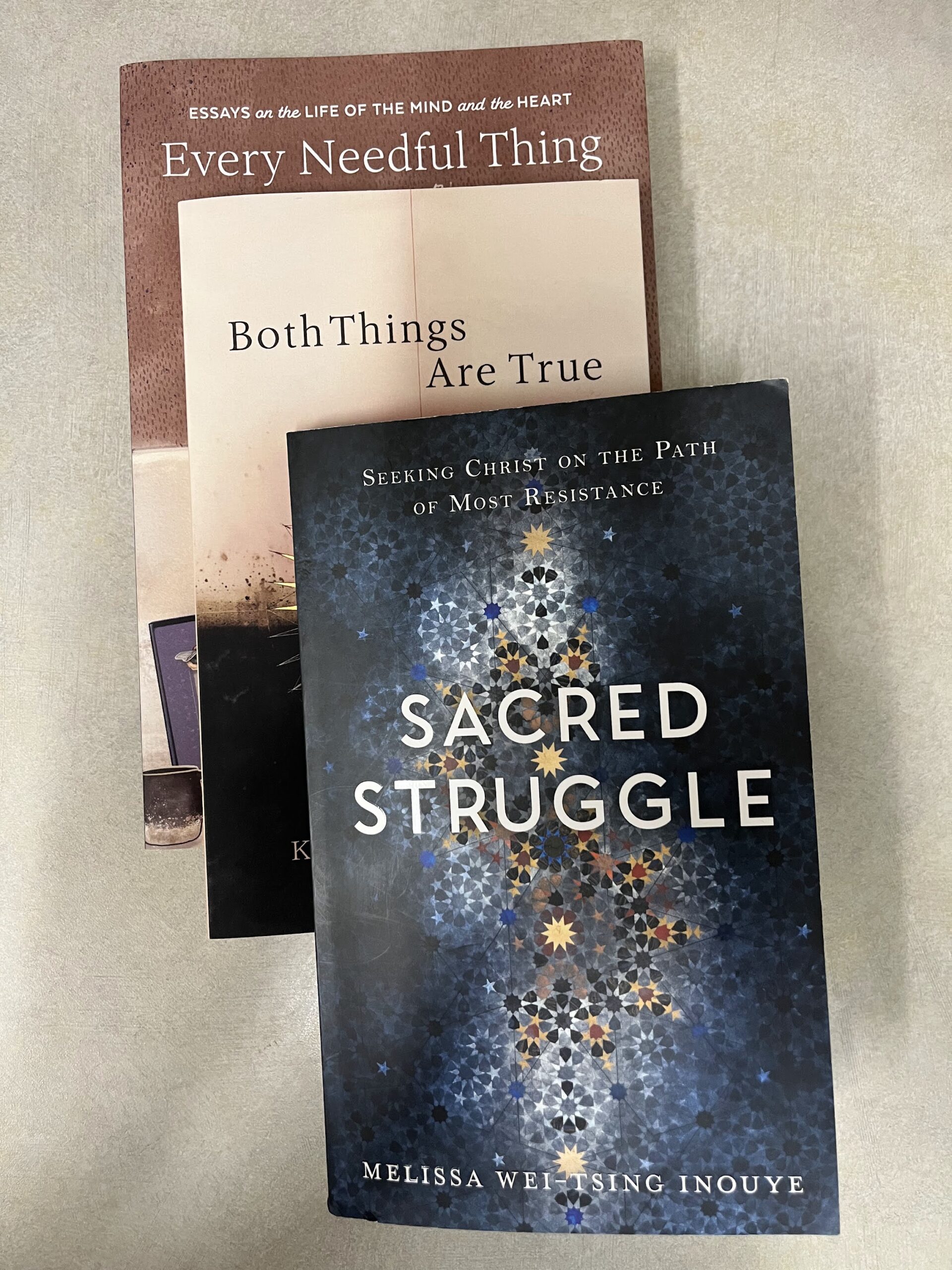
Melissa Wei-Tsing Inouye’s new book, Sacred Struggle: Seeking Christ on the Path of Most Resistance, confirms her status as reigning queen of great subtitles. It also confirms her status as one of our tradition’s most insightful pastoral-ecclesiological thinkers, worthy heir to the great Chieko Okazaki. Melissa has the professional training, the personal background and experience, and most of all the unwavering faith in Zion to raise the most important questions about this precarious moment in the history of The Church of Jesus Christ of Latter-day Saints. Inouye sees that the global expansion of the Church urgently requires a re-formation of… Read More
-
•
•
5 responses

I’ve always had a sort of passing interest in temple architectural history and design, so I thought I’d get Chat-GPT-V’s take on the possible architectural influences of different temples by uploading an image, asking it to “explain the architectural influences of this building and provide examples of buildings typifying these influences. Discuss non-LDS-specific architectural themes.” I hand-added images of the example buildings.I make no claim as to what exactly inspired the architect in each particular case. From Wikipedia: It is one of eight temples that does not have an angel Moroni statue, and one of six without spires, similar to Solomon’s Temple. It… Read More
-
•
•
2 responses
Richard Lyman Bushman’s Joseph Smith’s Gold Plates: A Cultural History (Oxford University Press, 2023) is an important contribution to Book of Mormon studies. As a cultural history of the gold plates, the book traces the story of the plates and the translation of the Book of Mormon, reactions to the story and the development of folklore about the gold plates over the subsequent two centuries. It also discusses how the plates have been portrayed in artwork and literature, used in teaching programs in the Church, and some of the debates about the plates. Even while visiting the story of the… Read More
-
•
•
18 responses
Apparently in about a week BYU will host a “Women’s Empowerment Event” that is a local variation of similar such events that are being held around the country. Looking at the invites and speakers for the most part it looks like a pretty typical DEI-type event with a bunch of corporate sponsors and speakers such as the Utah Women and Leadership Project, the United Way, and BYU Women’s Services. That’s fine. The surprising detail is that Sports Illustrated Swimsuit appears to be one of the primary participants, with their models keynoting one of the two panels. Now, I would love to see… Read More
-
•
•
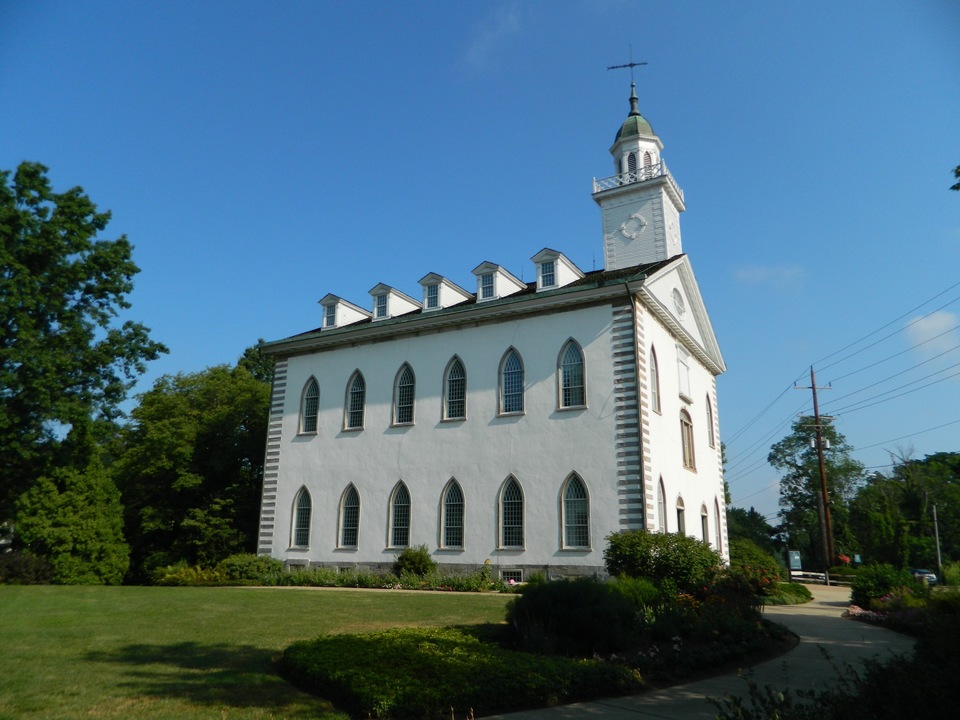
I was just given access to Chat-GPT’s image upload functionality. I’ve always had a sort of passing interest in temple architectural history and design, so I thought I’d get Chat-GPT’s take on the possible architectural influences of different temples, asking it to “explain the architectural influences of this building and provide examples of buildings typifying these influences. Discuss non-LDS-specific architectural themes.” I hand-added images of the example buildings.I make no claim as to what exactly inspired the architect in each particular case. Colonial Revival: The symmetry of the building, the arrangement of windows in a regular pattern, and the classical gable on… Read More
-
•
•
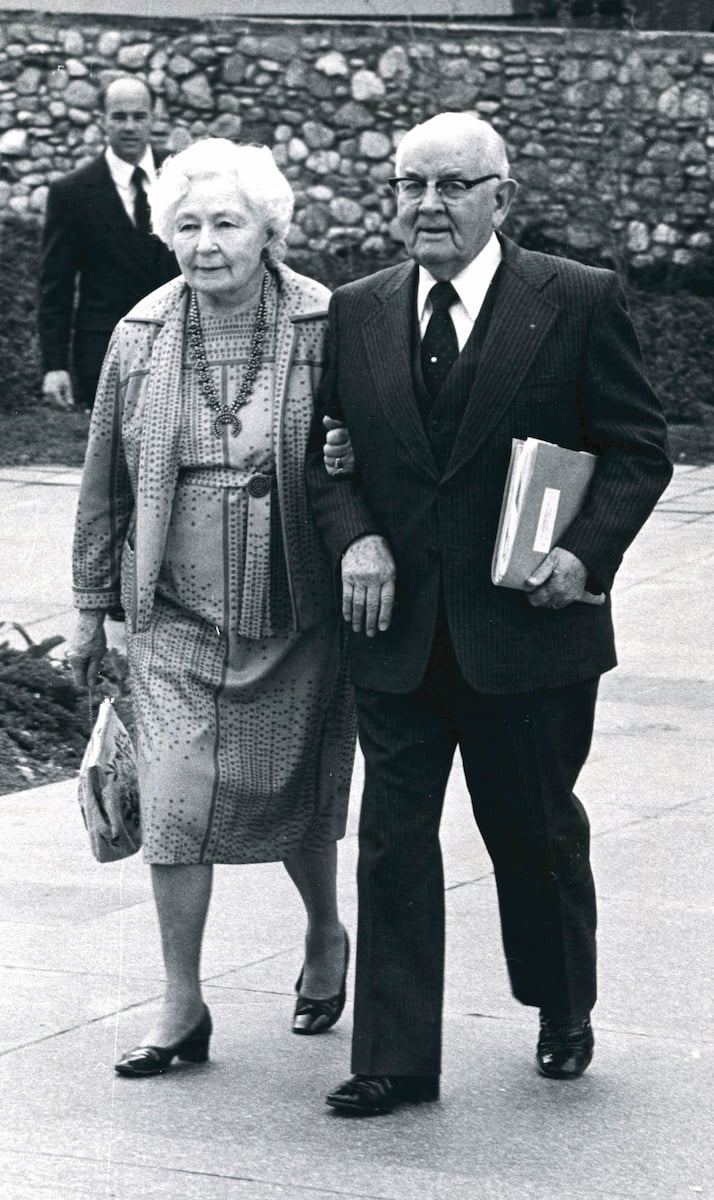
Compiled by Dennis B. Horne Editorial note: the below excerpts from President Kimball’s journal were selected because I find them to be extra uplifting and edifying, or otherwise special in some way. I did not include a date with them because when I encountered and chose them I was interested in precious spiritual experience and insight, not scholarship. Some of these items can be found by using the index and links previously posted as “Precious highlights in President Spencer W. Kimball’s Journal.” Below is what I judge to be some of the cream of the cream in his diary. These… Read More
-
•
•
9 responses

I was just given access to Chat-GPT’s image functionality. Now you can upload images and have it answer questions about it. (Yes, I know, but bear with me, after this I think it will be a while before we have anything fundamentally new in the AI space, so this might be my last AI series for a while). I’ve always had a sort of passing interest in temple architectural history and design, so I thought I’d get Chat-GPT’s take on the possible architectural influences of different temples, asking it to “explain the architectural influences of this building and provide examples of buildings… Read More
-
•
•
2 responses
The Church of Jesus Christ of Latter-day Saints saw a group of highly-impactful university professors during the 20th century who helped to shape Latter-day Saint thought. For many, Hugh Nibley, Truman Madsen, Eugene England are a well-known part of their experience with the Church. Another figure that deserves to be remembered in that group is Lowell Bennion. In a recent interview at the Latter-day Saint history blog, biographer George Handley discussed Lowell Bennion and his contributions to the Church. What follows here is a co-post to the full interview. Read More
-
•
•
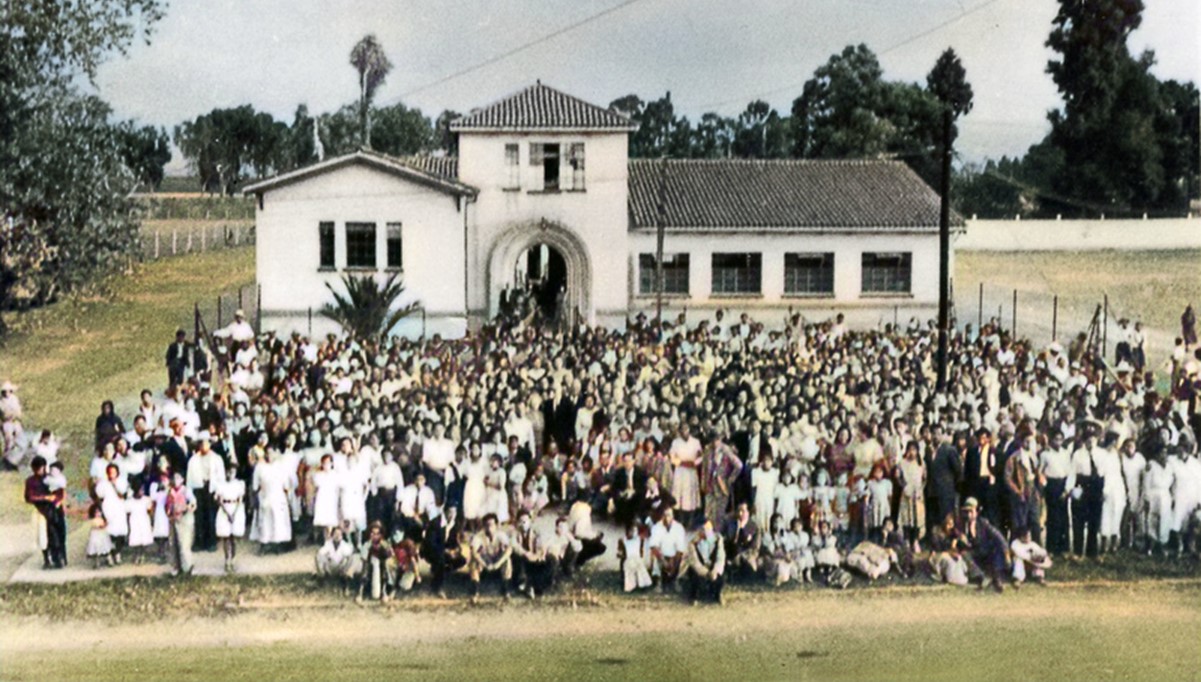
Events conspired to create a schism in the Church in Mexico, but eventually the Third Convention group that had split reunited with the Church. Read More
-
•
•
One response
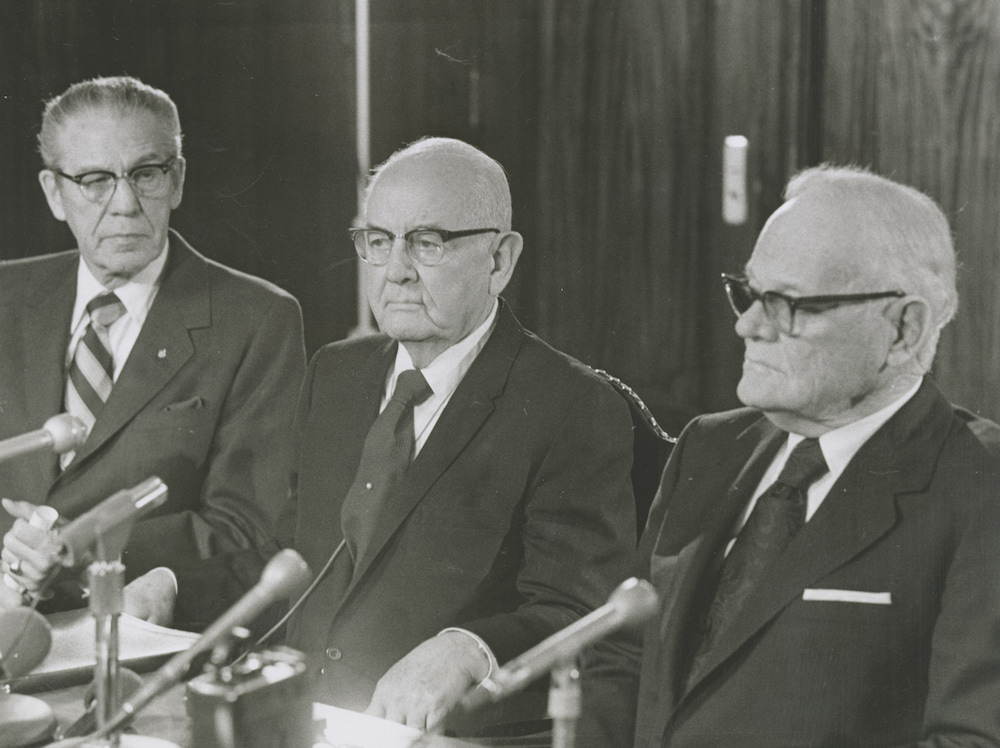
Compiled by Dennis B. Horne Editorial note: the below excerpts from President Kimball’s journal were selected because I find them to be extra uplifting and edifying, or otherwise special in some way. I did not include a date with them because when I encountered and chose them I was interested in precious spiritual experience and insight, not scholarship. Some of these items can be found by using the index and links previously posted as “Precious highlights in President Spencer W. Kimball’s Journal.” Below is what I judge to be some of the cream of the cream in his diary. These… Read More
-
•
•
2 responses
A favorite speaker at general conference when I was growing up was Neal A. Maxwell. Eloquent and deeply thought out talks were something of a hallmark for him, with plenty of alliteration thrown in for good measure. His life and discipleship was discussed in a recent interview with Bruce C. Hafen at the Latter-day Saint history blog From the Desk. What follows here is a co-post to the full interview. Read More
-
•
•
4 responses
A monthly piece summarizing all recent, peer-reviewed scholarly articles and books published on Latter-day Saints. Read More
-
•
•
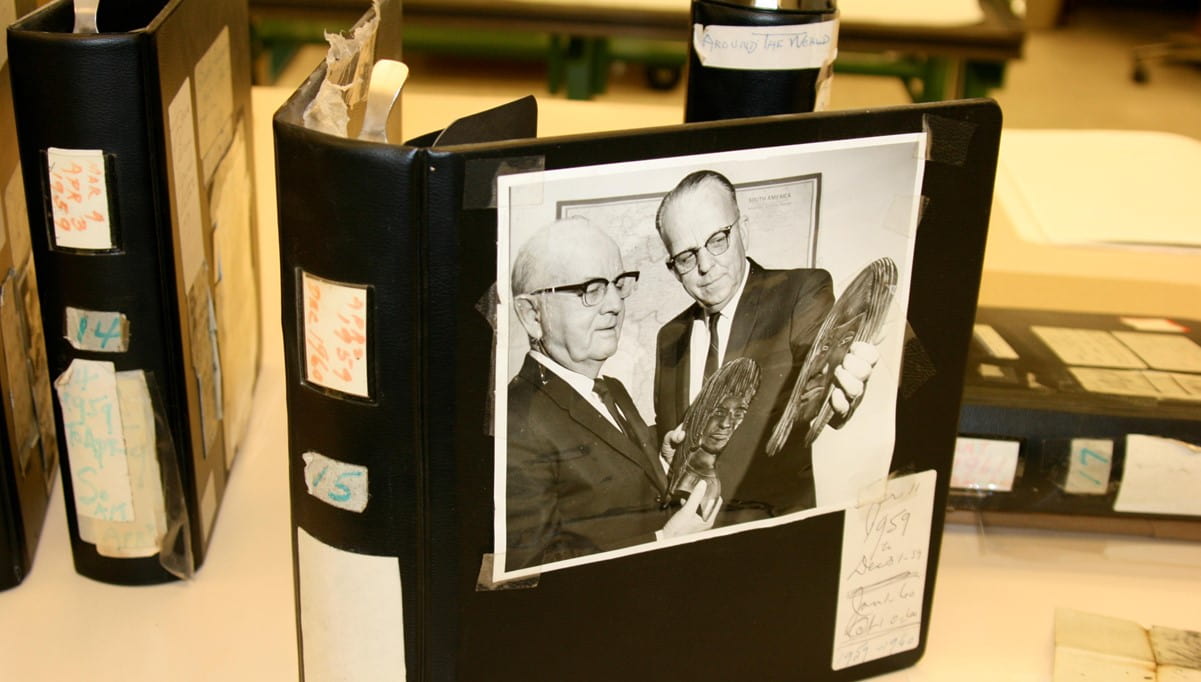
Compiled by Dennis B. Horne Editorial note: the below excerpts from President Kimball’s journal were selected because I find them to be extra uplifting and edifying, or otherwise special in some way. I did not include a date with them because when I encountered and chose them I was interested in precious spiritual experience and insight, not scholarship. Some of these items can be found by using the index and links previously posted as “Precious highlights in President Spencer W. Kimball’s Journal.” Below is what I judge to be some of the cream of the cream in his diary. These… Read More
-
•
•
3 responses
The Country Music history podcast Cocaine and Rhinestones called this book “everything a Country Artist’s autobiography should be.” Even if you aren’t into this particular genre (I was not and have no plans to read any anytime soon), this is a worthwhile read. And despite the (content warning) constant cussing (including many “f-bombs”), I even felt the Spirit at one point. Let me explain: Read More
-
•
•
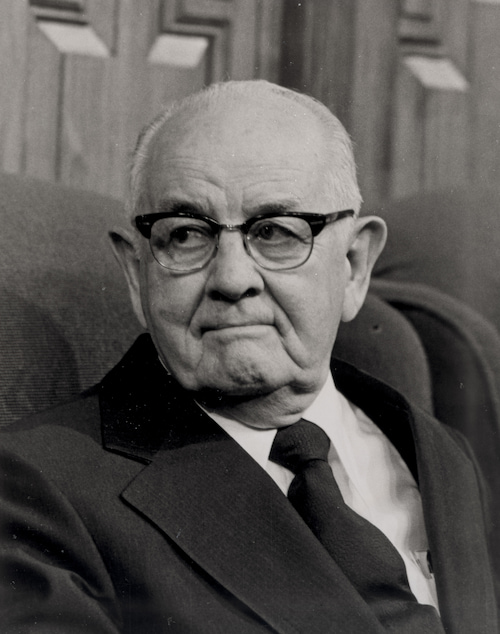
Compiled by Dennis B. Horne Editorial note: the below excerpts from President Kimball’s journal were selected because I find them to be extra uplifting and edifying, or otherwise special in some way. I did not include a date with them because when I encountered and chose them I was interested in precious spiritual experience and insight, not scholarship. Some of these items can be found by using the index and links previously posted as “Precious highlights in President Spencer W. Kimball’s Journal.” Below is what I judge to be some of the cream of the cream in his diary. These… Read More
-
•
•
6 responses

The ideal husband, according to Midjourney In the movie “Her” the Joaquin Phoenix character develops a relationship with an AI during a messy divorce. Released about a decade ago, the movie addresses philosophical themes about personhood and relationships that at the time seemed interesting in a philosophy class thought experiment way, but not really relevant to our day-to-day. Well, I just got access to Chat-GPT’s new voice function, and we’re there now. Admittedly, it does still pause before answering, but besides that there’s very little that would distinguish it from a real human being. The staccato-like speech that characterized previous… Read More
-
•
•
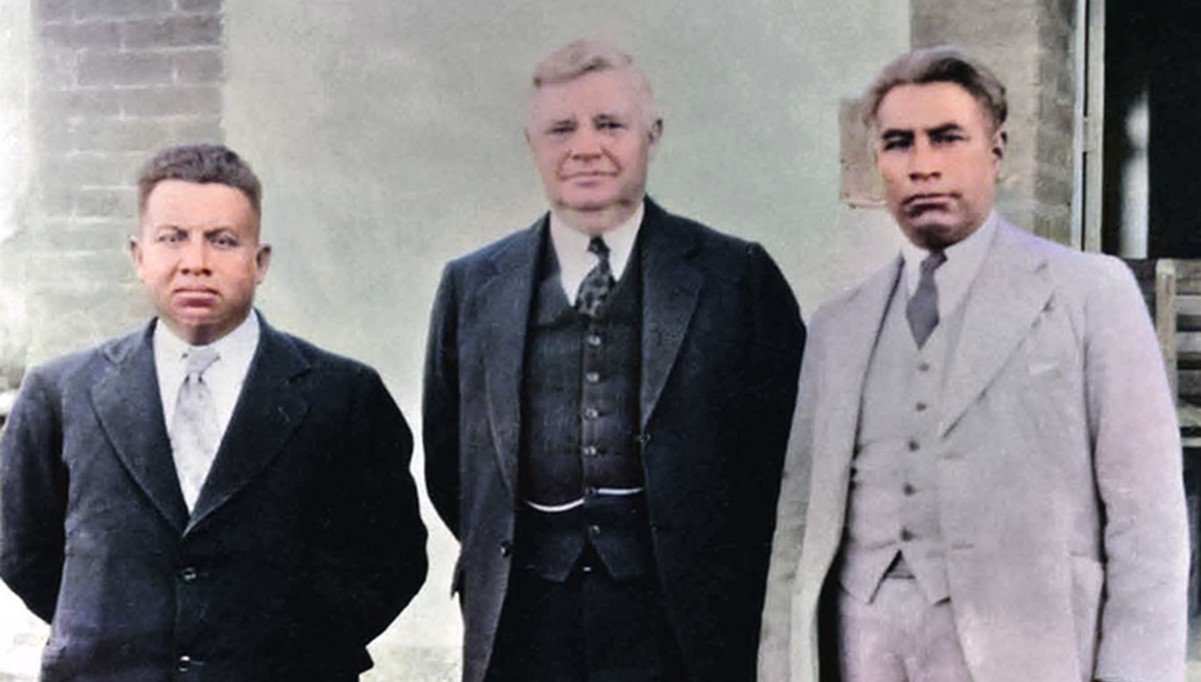
Despite dealing with isolation and neglect, Latter-day Saints in Mexico continued to function and serve well. But eventually, things reached a breaking point. Read More
-
•
•

At the last general conference, I was impressed by something briefly mentioned by Quentin L. Cook. He talked about a seventh-generation member from Tahiti, with her ancestors joining the Church in 1845 (2 years before the Latter-day Saints in the U.S. migrated to Utah/Deseret or Brigham Young organized the First Presidency).[1] It was a brief (but important) reminder that the history of the Church is larger than the United States and the United Kingdom, even in the earliest days of the Church. While Micronesia and Guam do not have as long of a history with the Church as Tahiti or… Read More

